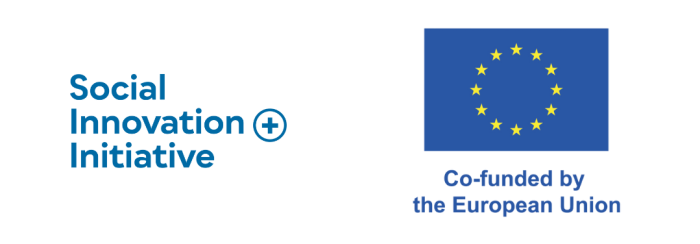Szociometrum - More Than Data Collection: Fieldwork Insights from the SMART UA Project in Hungary

The first research phase of the SMART UA project in Hungary aimed to map housing and employment support for Ukrainian refugees. At the same time, it generated fieldwork experiences that offer lessons not only for the next stages of the project, but also for research methodology more generally. This article does not present research findings, but rather focuses on the “additional” outcomes of the process—the human and organisational aspects of the research itself.
New Organisations, New Connections – A Broader Horizon
During the fieldwork, we came into contact with several organisations that we had not known before, or that we were aware of but which had previously avoided cooperation. A key factor in this was the existing networks of the SMART UA Hungarian partners – the Evangelical Diaconia and the Jesuit Refugee Service. Through direct outreach and personal familiarity, they were able to engage organisations that were otherwise out of our reach. Their intermediary role actively contributed to ensuring that the research produced a relevant and more accurate picture of the Hungarian support system for Ukrainian refugees.
Personal Contacts as a Key Factor
Although the primary tool of the mapping research was an online questionnaire (CAWI), it quickly became clear that this alone was not sufficient. Low response rates were driven by several factors, including the summer timing of the fieldwork and the heavy workload of the targeted civil society organisations. A general lesson was that the willingness to respond was strongly influenced by whether we—or our partners—had a personal connection to the organisation. Telephone calls and direct personal outreach proved decisive for success, both through our own networks and those of the project partners. Personal contact also brought additional benefits, such as extra information and new contacts.
Research as Relationship-Building – and the Role of Intermediaries
Another lesson was the need for special attention to organisations—particularly Ukrainian community groups and municipalities—that showed a high degree of distrust. Within the short time available, these organisations could not be successfully involved in the research. However, the attempts highlighted that their reluctance can be reduced by identifying appropriate “connector” persons. Building relationships with individuals who are trusted within the community will be crucial in the next stages of the research. This is also a general methodological insight, especially for studies conducted in closed, distrustful or politically sensitive environments, where direct access is rarely sufficient and trust must be built through key people within the community.
A Snapshot that Reveals Change
The “snapshot map” created during the fieldwork did more than capture the state of affairs at the time of the research—it also revealed the ongoing transformation of the service landscape, made visible through personal outreach. The information gathered showed how smaller actors disappear, larger organisations enter, and responsibilities are reshaped. As a result, the SMART UA research is not only a picture of a single moment, but a record of a system in motion.
The mapping phase of the SMART UA project also brought the recognition that flexibility, personal presence, and deliberate relationship- and trust-building are at least as important as a well-designed questionnaire.

Co-funded by the European Union. Views and opinions expressed are, however, those of the author(s) only and do not necessarily reflect those of the European Union or the European Social Fund Agency. Neither the European Union nor the Granting Authority can be held responsible for them.
